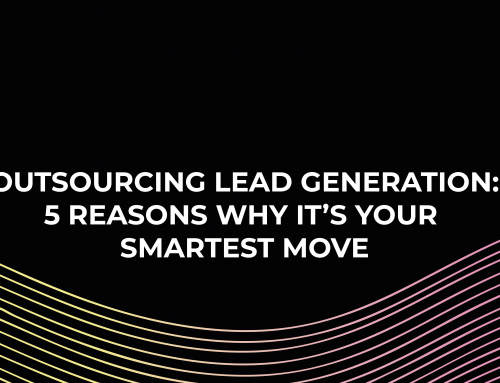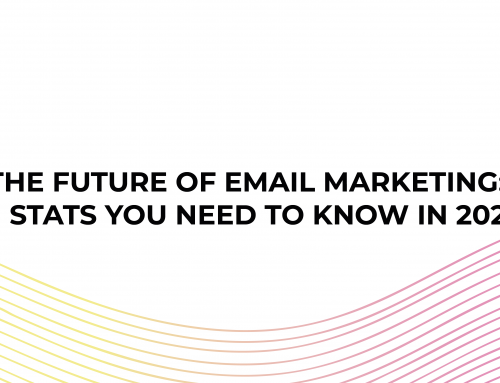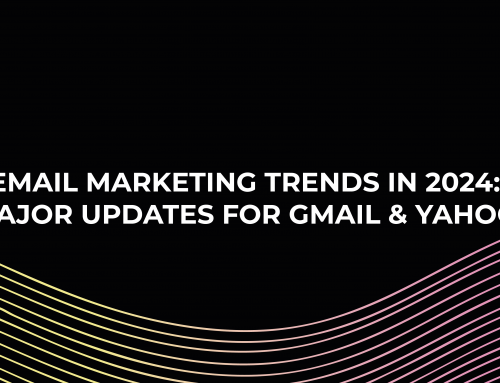On May 25, 2018, a new set of regulations called the General Data Protection Regulation (GDPR) went into effect in the European Union (EU). The GDPR replaces the 1995 EU Data Protection Directive. It strengthens EU data protection rules by giving individuals more control over their personal data and establishing new rights for individuals.
What is GDPR?
The General Data Protection Regulation (GDPR) is a regulation of the European Union (EU) that became effective on May 25, 2018. It strengthens and builds on the EU’s current data protection framework, the 1995 EU Data Protection Directive.
The GDPR sets out the rules for how personal data must be collected, processed and stored by organizations operating in the EU. It also establishes new rights for individuals with respect to their personal data. Finally, it creates enforcement mechanisms to ensure that data controllers comply with the GDPR.
What does GDPR mean for email marketers?
The GDPR will have a significant impact on email marketing in the EU. In order to comply with the GDPR, email marketers will need to make sure that they have consent from individuals to send them marketing emails. Consent must be freely given, specific, informed and unambiguous. consent must be verifiable – meaning that organizations must be able to demonstrate that they have consent from an individual to process their personal data. Individuals must also be able to withdraw their consent at any time and easily unsubscribe from marketing emails. Finally, email marketing under the GDPR must be transparent – meaning that individuals must be told who will receive their personal data, what will happen to it, and why it is being collected in the first place.
Final Round-Up
The General Data Protection Regulation (GDPR) went into effect on May 25th, 2018 and affects email marketers who send marketing emails to individuals in the European Union (EU). In order to comply with GDPR, email marketers need consent from individuals to send them marketing emails. Consent must be freely given, specific, informed and unambiguous. Email marketers also need to provide individuals with a way to withdraw their consent at any time and easily unsubscribe from marketing emails. Finally, all email marketing under GDPR must be transparent – meaning that individuals must be told who will receive their personal data, what will happen to it once it’s collected, and why it’s being collected in the first place.




